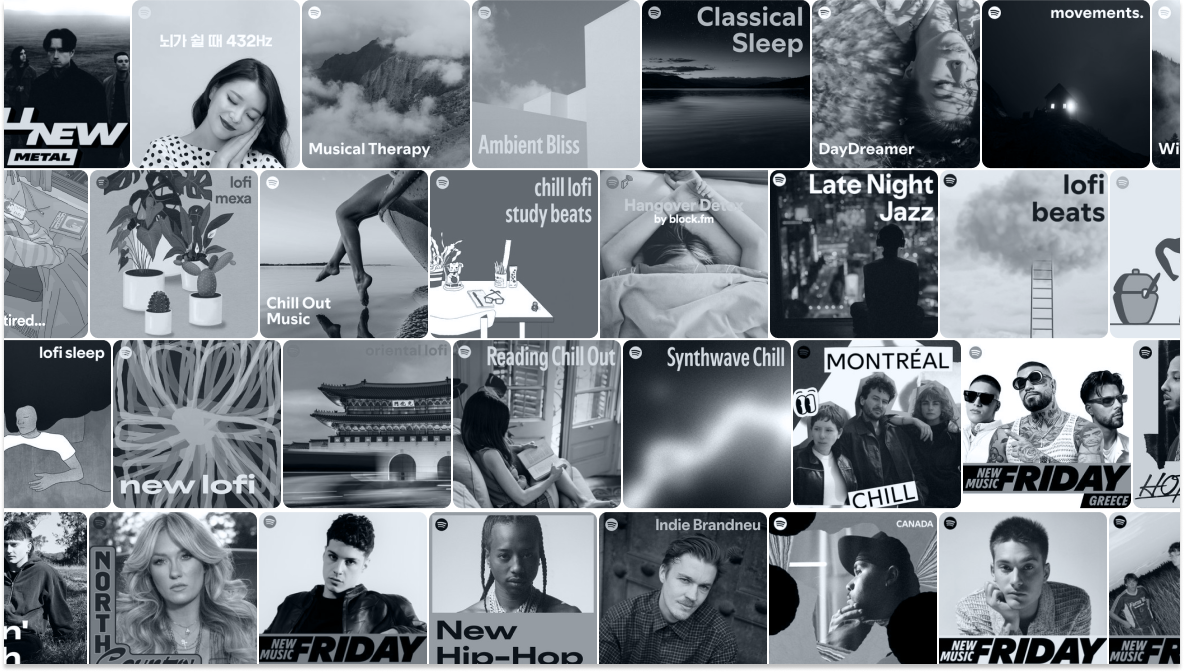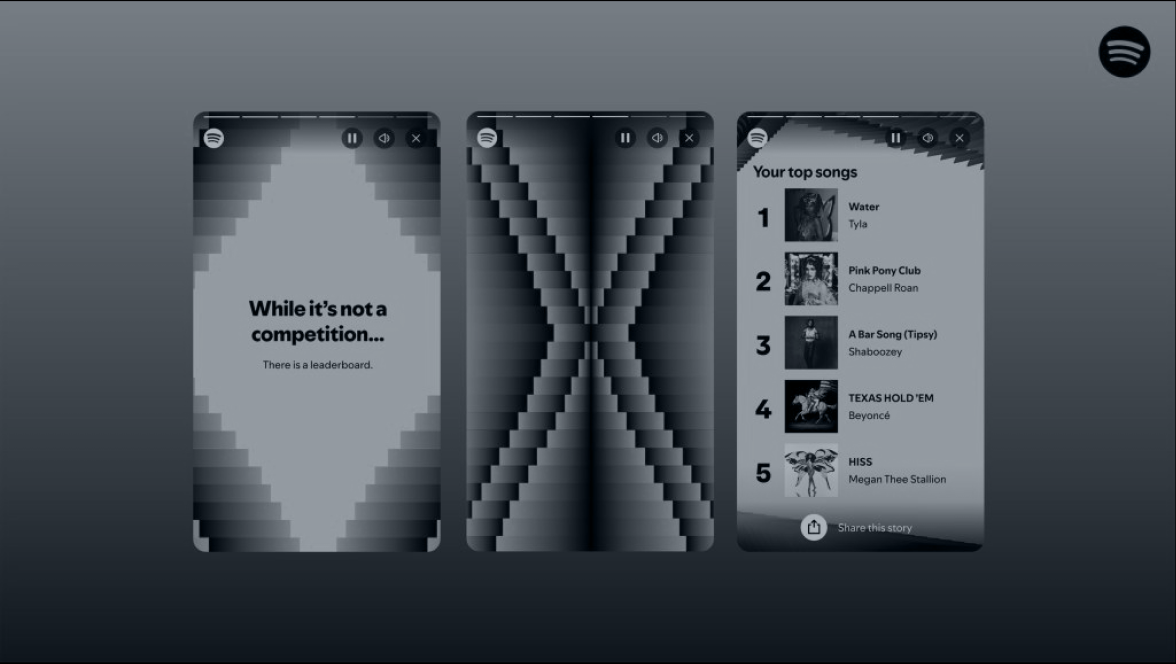
5 Reasons Musicians (including you) Need A Website

As an independent musician, you’re spinning hundreds of plates, 24/7.
From creating to mastering to promoting to engaging with fans – the cycle of to-dos might feel never-ending.
So you might not be looking for another thing to add to your list… but having a website is really important!
If you don’t have a website as an independent artist or band, you’re potentially missing out on a lucrative channel to grow your music career through. If hitting new income levels, new streaming milestones, and opening up your network of opportunities is on your agenda for the next few months, you really ought to consider creating a website.
Yes, you do need a website if you’re an independent artist
And here’s why…
Reason #1: Creative Control
As an independent artist, creative control is really important. You’ve chosen to remain independent for exactly that reason: so you have complete control over your career, your music, and the direction you take your life in.
So why are you happy to sacrifice creative control when it comes to promoting your music?
Using social media is like renting a fully-furnished apartment with a strict set of rules, including a 9pm curfew and unpredictable punishments for doing anything ‘wrong’.
Posting on social media hands control over the algorithms. One day, they’ll love you. The next, they’ll act like you don’t exist.
Even if you do manage to unlock the secret to being successful on social media, the algorithm is subject to daily change, the platforms could disappear overnight, and you have very little control over your content once you hit ‘post’.
With a website, you’re carving out your own space on the internet that you have full control over.
From how it looks to what it contains to how people use it, you’re in charge – just like you are with your music.
Sure, you’re still subject to search engine algorithms for discoverability (more on that later), but those algorithms are much less fickle than social media algorithms – and they don’t ask you to start dancing or otherwise sacrifice your dignity to please them.
Reason #2: Credibility & Clout
Whether or not it’s ‘right’ or ‘fair’, not having a website can be interpreted as a sign you’re not taking your music career seriously.
For many people, businesses without websites are red flags – and the same applies to you as an independent musician too. Not having a website can erode trust in you as a brand, which can negatively affect the opportunities that come your way.
Particularly if you’re hoping to book gigs or attract press attention, having a website is an important green flag for your credibility.
A well-designed, up-to-date website that reflects your music, your ambitions, and you as a person can be the difference between being asked to play at that high-profile event or not – because you’re giving booking agents and/or press an opportunity to get to know your brand better, outside of just having social media to rely on.
Reason #3: Connection & Community
The absolute dream as an independent artist is to have fans who are so invested in your music that they’re desperate to find new ways to connect with you.
Without a website, your fans are reliant on social media and streaming platforms to support you through.
With a website, the possibilities are endless. Your website can play host to email sign-up forms, merch, streaming platform links, long-form written content (i.e. blogs) – all things that encourage your fans to build a deeper connection with you.
If fan engagement and community-building is something you’re hoping to achieve through your website, there’s nothing better than using your site as an opportunity to build an email list. A fan handing over their email address to you is a strong signal that they’re invested in your success and gives you direct access to another channel of communication (two-way, unlike your website) with them that, again, doesn’t require bending to the whims of social media algorithms to be heard.
Reason #4: Discoverability
Search engines like Google (there are others, but over 90% of internet users use Google!) use complex search algorithms to determine which results show up whenever anyone searches for anything.
It sounds scary, but the good news is that, unlike social media algorithms, search algorithms are much more stable, more easy to please, and can generate more consistent attention on your brand (which you can then convert into more streams of your music).
And there are some basic SEO (Search Engine Optimisation) things you can easily implement on your website to make Google (and the others) look favourably upon you. SEO is a huge topic that deserves its own guide, but here are some basic things you can do that will help your organic search discoverability:
- On-page SEO: make sure you’re using relevant keywords in your headings and paragraph text, e.g. ‘indie folk band’ or ‘Minnesota singer-songwriter’.
- Images: make sure you’re using high-quality but low file size images (ideally under 100KB) and add ALT text with keywords.
- Metadata: your website platform will allow you to specify an SEO Title and Meta Description for each page. This is what shows as a preview in Google search results – make sure they’re the right length, keywords are included, and they encourage click-throughs from search results.
- Off-page SEO: backlinks (other websites linking to your website), social signals (your social media linking to your website) and features in press or blogs all contribute positively to your ranking within Google.
Reason #5: Deeper Fan Insights
The best (arguably only) way to grow your music career is through leveraging data. You need data to understand your fans, understand your streaming performance, understand how and why people are engaging with your brand (not just your music) – and your website gives you a whole heap of data to dig into.
Once your website is connected to Google Analytics, you’ll have audience insights that can help to inform your release strategy. If your Analytics show that your website visitors are largely US-based, but you’re hoping for live show bookings in the UK, you might need to adjust your keyword strategy. Or if the data shows that most of your website traffic comes from TikTok, whereas you’re currently going all-in on Instagram, your social media focus might change.
Whatever insights you glean from your website data can (and should) be used to influence your wider strategies for release and promotion.
What does an independent artist’s website need to include?
The structure and layout of your website largely depends on your brand (i.e. if you’ve got a sleek, minimal brand, your website should also be sleek and minimal) and what you’re trying to achieve with your website.
If your goal is for your website to be a living, breathing EPK (Electronic Press Kit), you’ll need pages like:
- Home
- About
- Portfolio
- News / Events / Media Features
- Contact
And links to your social media accounts and to your music on streaming platforms too, of course.
If you intend for your website to be primarily a place for your fans to order merch and buy tickets to your shows, you’ll need pages like:
- Home
- About
- Shop
- Tickets
- Contact
If you want your website to be a discovery tool for you via SEO, you’ll need pages like:
- Home
- About
- Blog
- Contact
As you can see, whatever your aim is with your website you’ll need a few core pages, namely: Home, About and Contact. The combination of these 3 pages ticks all the boxes by giving you the chance to show off your music (on the homepage), share your inspiration/story (on the About page), and allowing fans, press or other people to get in touch with you (via the Contact page).
How to build a musician website – without coding
Thankfully, in this modern age, it’s more than possible to build a website with exactly zero knowledge of coding.
Most simple website builder platforms have limitations, but they’re good enough to build a website that looks good, functions well and allows your fans to connect with you.
If you’re trying to build a website that has completely custom functionality and does clever things with graphics and animations and other non-standard things, you might need to work with a website designer and/or developer to achieve your goals – but if you want a website that looks good and is simple to build (and easy to update) there are plenty of options out there.
One of the most popular website-building platforms for creatives, because of its focus on designer-made templates and visually appealing features, is Squarespace. It uses a drag-and-drop interface that makes it easy to design a website that looks really good. If you want some custom-coded elements, you can do that within Squarespace – but it’s not designed for heavy custom coding (and will cause you some site speed issues if you do add lots of custom code!).
A very similar alternative to Squarespace is Wix – which again features a drag-and-drop interface for easy designing. Wix has more limited native integrations than Squarespace does, meaning it might feel more limited when it comes to growing your website over time. However, if you’re just starting out, both Wix and Squarespace are fairly similar in their ease of use and the sort of website you can build on the platforms.
If you have some knowledge of building websites, WordPress might be a better option for you. With thousands of plugins and almost unlimited functionality, a WordPress website can grow with you as your career progresses, as well as integrating with merch stores, email marketing platforms, and other third-party software.





